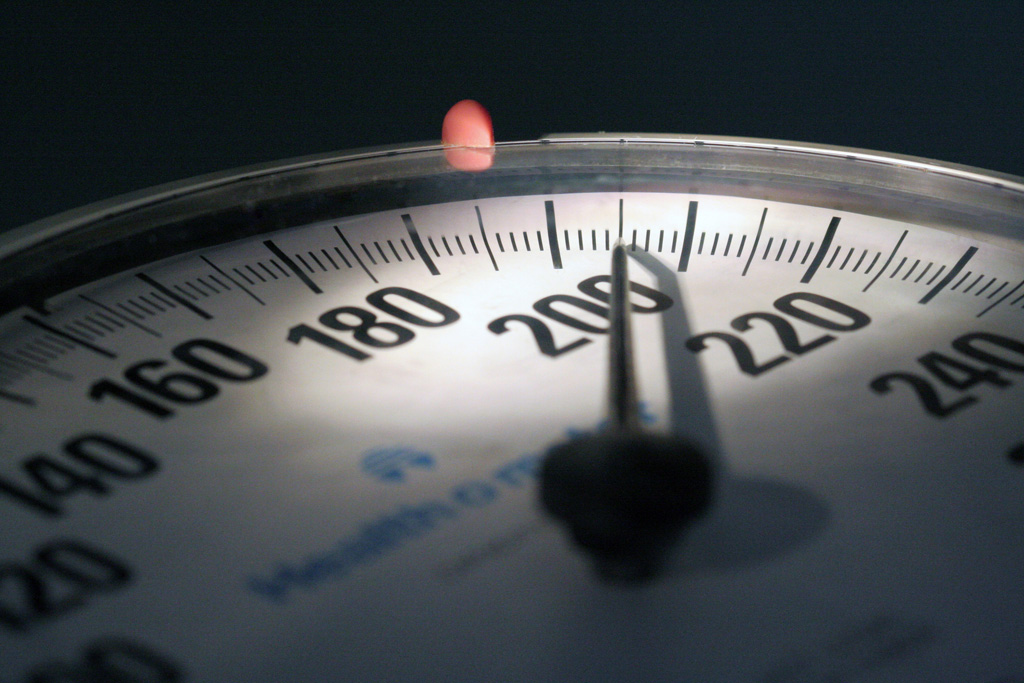Lymphedema is a serious medical problem that impacts millions of lives. While there are many types of treatment, weight management may just be the key to reducing lymphedema symptoms.
Lymphedema is a condition that occurs when there is an accumulation of protein-rich fluids in tissues that are not being properly drained by the lymphatic system. Not everything is known about the cause of lymphedema. However, there seems to be correlation between a genetic predisposition and obesity. Losing weight is commonly believed to help reduce lymphedema symptoms. This means that weight management in lymphedema treatment is absolutely vital.
Weight Management as an Aspect of Lymphedema Treatment
There are many different types of treatments that those suffering from lymphedema can pursue. Weight management is considered an important element of treatment. This is largely because obesity is a major risk factor for lymphedema. If a patient has confirmed lymphedema, they should aim to maintain body weight or strive for losing weight if the patient’s weight is above standard guidelines. Working with a professional who knows how to use weight management in lymphedema treatment will help patients.
How Else is Lymphedema Treated?
It should be noted that weight management should be one approach to treatment, but not the only treatment. Below are some other practices that have been known to effectively treat lymphedema symptoms:
- Regular reporting and checkups. Patients should regularly follow up with those who provide ongoing treatment with lymphedema. It’s important to monitor the situation as well as reporting any changes in your condition, such as a change in size, color or sensation. Doctors will be able to adjust treatment as needed.
- Exercise. Exercise typically goes hand in hand with a comprehensive weight management system. Working with a professional who specializes in weight management in lymphedema treatment will help create an effective exercise program. Since many patients with lymphedema have issues with their feet, it’s advisable to purchase customized orthopedic shoes before engaging in a walking or running routine.
- Proper skin care. Regularly moisturizing your skin can go a long way in helping heal damage from lymphedema. Additionally, thoroughly washing any affected areas will help prevent infection.
Who Is At Risk for Lymphedema?
While the exact cause of lymphedema is unknown, it’s believed those who are morbidly obese and have a genetic predisposition are most at risk. However, lymphedema can often be caused after some types of surgery, like breast cancer surgery. Patients who are concerned about developing lymphedema after surgery should discuss this concern with their doctor.
Fortunately, there are many ways to treat lymphedema that has resulted from surgery. Exercise and weight management will likely still be involved. There are also compression garments, lymphatic drainage procedures and a mechanical pump.
What Should You Do if You Have Lymphedema?
Lymphedema typically presents as a swelling in a certain area, such as the legs. The skin may change color and there will likely be some pain to the touch. If you suspect you have lymphedema, visit your healthcare provider immediately. They’ll be able to examine the problem area and make their diagnosis.
You may discover that you’ll have to start undergoing lymphedema treatment. If so, contact us for weight management in lymphedema treatment. You can also call us at (501) 683–8889.



Leave a Reply